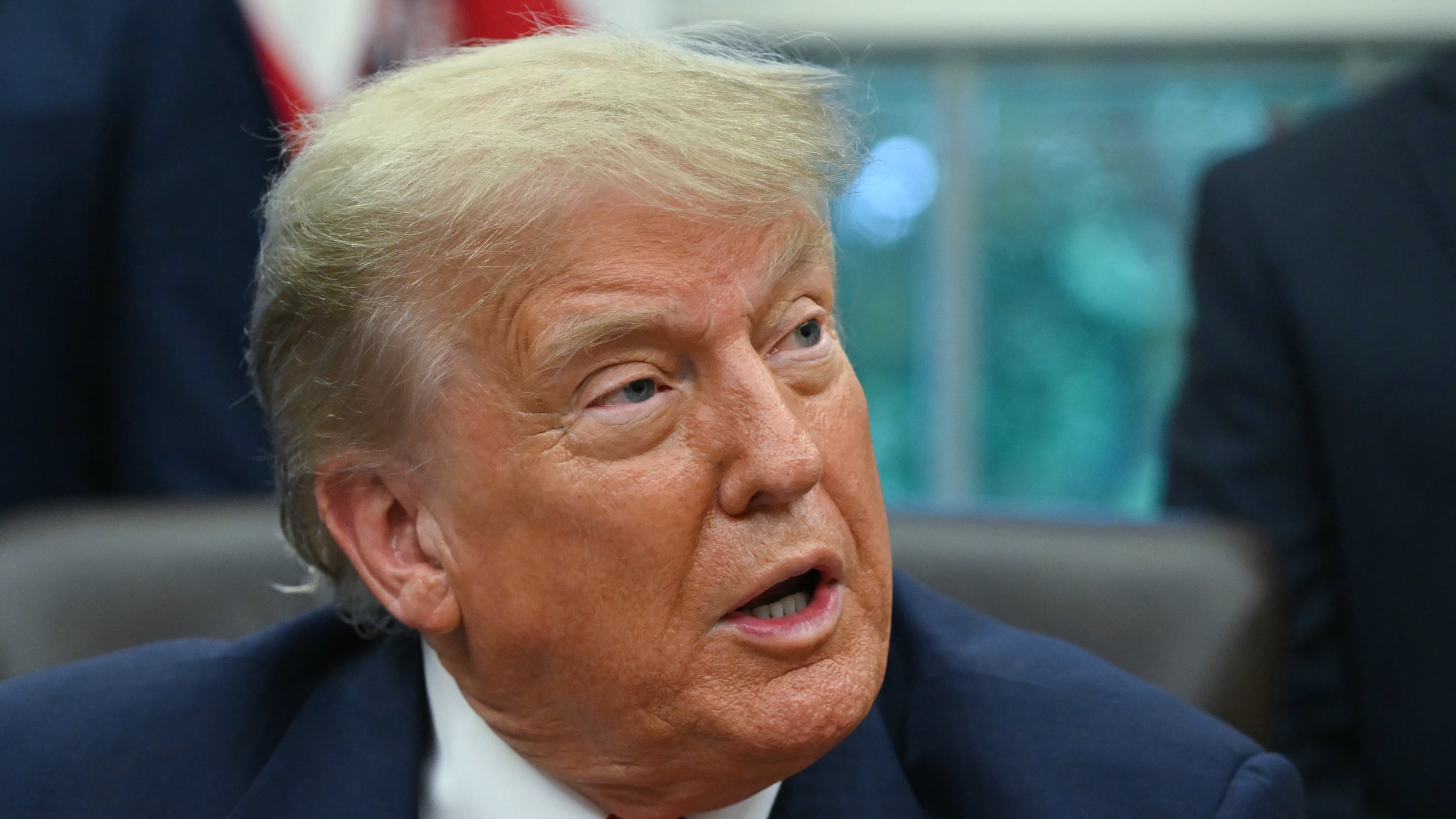
WASHINGTON - A US Senate debate has stretched into midnight Sunday over President Donald Trump's massive tax and spending package, as Republicans push to meet Trump's self-imposed Fourth of July deadline.
Dubbed the "One Big Beautiful Bill Act," the legislation cleared a 51-49 procedural vote in the Senate late Saturday night, setting the stage for the debate. Even after clearing the initial hurdle, GOP leaders face an uphill battle with unified Democratic opposition and divisions within their own ranks.
Key provisions of bill
The Senate bill features approximately $4 trillion in tax cuts, including the permanent extension of Trump's 2017 tax rates, which are currently set to expire at year's end if Congress fails to intervene, and the introduction of new cuts he promoted on the campaign trail, such as eliminating taxes on tips.
READ MORE: US Senate advances Trump's major tax-cut, spending bill
The legislation also allocates 350 billion dollars for border and national security efforts, including money for deportations.
To offset these tax breaks and new spending, the bill proposes sweeping cuts to Medicaid and food stamps by tightening eligibility standards and enforcing stricter work requirements. It also calls for the repeal of billions of dollars in green energy tax credits.
Republicans struggle to secure votes
With a 53-47 edge in the Senate, Republicans need nearly unanimous support from their ranks to pass the sprawling 940-page legislation.
Two Republican senators, Thom Tillis of North Carolina and Rand Paul of Kentucky, defected in the procedural vote on Saturday, despite GOP leaders and Vice-President JD Vance making efforts to broker last-minute compromises.
Tillis's opposition, driven by concerns about Medicaid cuts harming his home state, led to intense pressure from Trump, who publicly threatened to campaign against him in the next primary.
On Sunday, Tillis announced that he would not seek reelection. "In Washington over the last few years, it's become increasingly evident that leaders who are willing to embrace bipartisanship, compromise, and demonstrate independent thinking are becoming an endangered species," he said in a statement.
Paul, for his part, criticized the bill's provision to raise the national debt ceiling by an additional 5 trillion dollars.
Senator Ron Johnson of Wisconsin reversed his initial opposition and voted in favor of the bill following private discussions.
Several Republican senators who voted to advance the bill on Saturday said Sunday that they are still weighing how they will vote on final passage.
Democrats mount united front
Senate Democrats are employing every tool to slow the bill's progress and expose its impacts. They forced a full 16-hour reading of the entire bill text, a symbolic move aimed at highlighting the legislation's complexity and sweeping changes.
After debate began Sunday afternoon, Democrats delivered impassioned speeches condemning the bill for disproportionately benefiting the wealthy while placing greater burdens on low-income Americans.
Senators like Bernie Sanders and Gary Peters criticized the package for cutting health care and food assistance while preserving massive tax breaks for the wealthy.
"Reckless and irresponsible," said Peters, while Sanders described the bill as "a gift to the billionaire class."
According to a Congressional Budget Office analysis, 11.8 million more Americans would become uninsured by 2034, and the deficit would rise by up to $3.3 trillion over a decade if the bill becomes law.
Democratic Senate Minority Leader Chuck Schumer said that Republicans are about to pass "the single most expensive bill in US history."
"Republicans are doing something the Senate has never, never done before, deploying fake math and accounting gimmicks to hide the true cost of the bill," he said.
Road ahead
GOP leaders are determined to advance Trump's signature agenda. "We're going to pass the 'Big, beautiful bill,'" said Senator Lindsey Graham, the Budget Committee chairman.
But the bill's complexity, internal party fractures and Democratic resistance make passage a daunting challenge.
Following as many as 20 hours of debate, the Senate is expected to proceed to an amendment session ahead of a final vote.
READ MORE: US Republicans eye two-step Trump legislative agenda
If the bill ultimately clears the Senate, it must return to the House for a final vote before heading to the White House. The House passed its version of the bill last month.
Elon Musk, former head of the Department of Government Efficiency and CEO of Tesla and SpaceX, reiterated his opposition to the bill on Saturday, writing on X that it would "destroy millions of jobs in America and cause immense strategic harm to our country."
"It gives handouts to industries of the past while severely damaging industries of the future," he added.


